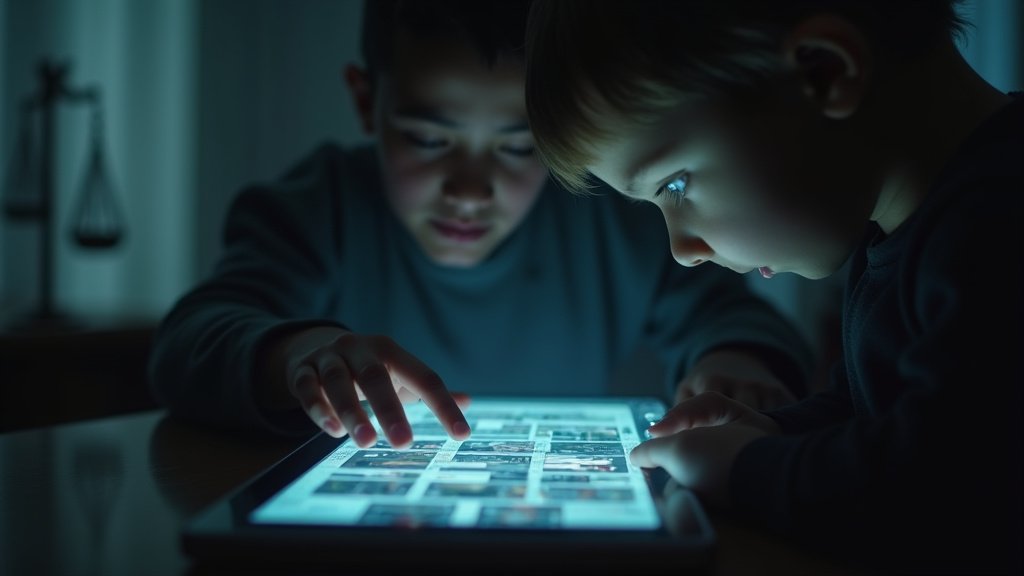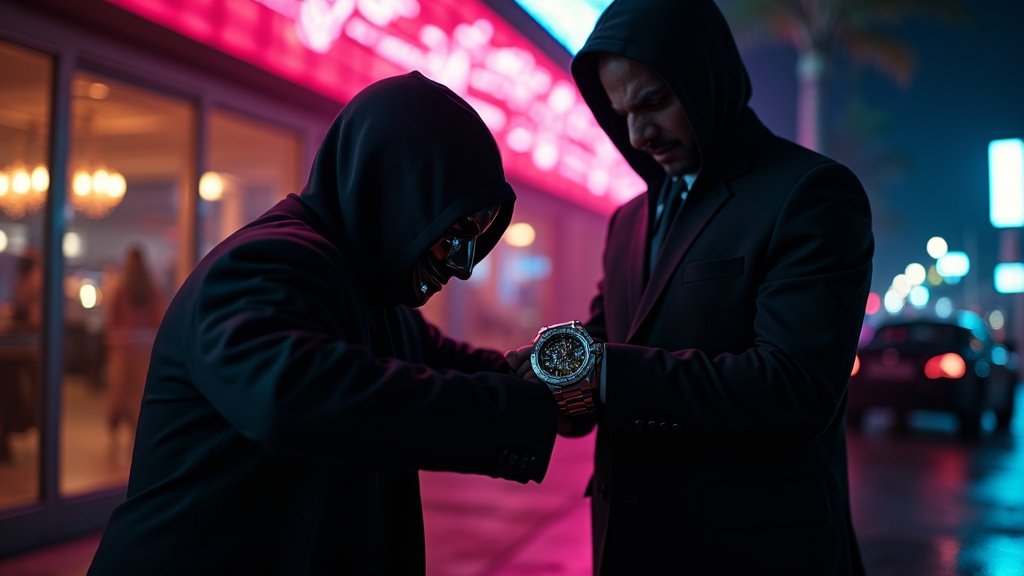MIAMI – A trending lawsuit filed by a Miami-Dade mother against digital giants Roblox and Discord has thrust the critical issue of child online safety into the national spotlight, sparking a broader conversation about tech companies’ accountability in safeguarding young users. The mother alleges that these popular platforms negligently facilitated the grooming and subsequent rape of her 11-year-old daughter by an adult predator, who has since been sentenced to 60 years in prison.
The headline of this particular case, filed in California, underscores a disturbing pattern that has led to a wave of similar lawsuits across the country, accusing Roblox and Discord of creating environments where child exploitation can thrive.
Allegations of Negligent Design and Misleading Safety Claims
According to the lawsuit, the 11-year-old girl, identified as Jane Doe R. M., initially encountered the predator on Roblox, a gaming platform widely marketed as safe and family-friendly for children. The interaction then allegedly transitioned to Discord, a communication app popular among gamers. Attorney Stanley Gipe, representing the Miami-Dade mother, stated that “Roblox gives pedophiles a platform to look like a 12-year-old girl,” allowing them to establish strong bonds that can irrevocably alter a child’s life.
The core of the legal complaint centers on claims of negligent design, inadequate safety warnings, and misleading assurances of child security provided by both companies. Plaintiffs argue that despite aggressively marketing themselves as safe for kids, Roblox and Discord have turned a blind eye to rampant abuse in favor of user growth and profits. Reports indicate that Roblox alone boasts 85 million daily users, with approximately 40% of them being under the age of 13.
Legal filings assert that Roblox and Discord allow adult strangers to directly communicate with children, fail to implement robust age or identity verification, and offer features that predators exploit to isolate and manipulate minors. Disturbing allegations include the presence of “condo games,” virtual bathrooms, and strip clubs within the Roblox platform, along with the use of Robux, Roblox’s in-game currency, as a grooming tool.
A Broader Legal Reckoning for Tech Giants
The Miami-Dade lawsuit is not an isolated incident but rather part of a growing national news trend. Law firms like Anapol Weiss have filed multiple cases against Roblox, highlighting what they describe as a pattern of systemic negligence. These legal challenges are testing the long-standing protections afforded to online service providers under Section 230 of the Communications Decency Act of 1996, which generally shields them from liability for user-generated content.
Advocates and lawmakers are increasingly pushing for greater accountability. The Eliminating Abusive and Rampant Neglect of Interactive Technologies Act (EARN IT Act), introduced in 2020 and approved by the Senate Judiciary Committee in 2022, aims to curb Section 230 immunity for platforms regarding child sexual abuse material. Furthermore, the Kids Online Safety Act (KOSA), which passed the Senate in July 2024, seeks to establish a statutory duty of care for social media companies, potentially providing a stronger legal foundation for plaintiffs in such cases.
Beyond Roblox and Discord, a widespread legal movement is targeting major social media companies like Meta (Instagram, Facebook), Snap (Snapchat), TikTok, and YouTube, alleging their platforms are intentionally designed to be addictive and cause mental health harm to children and teens.
Industry Response and Calls for Reform
In response to mounting pressure and lawsuits, Roblox announced earlier this month that it is implementing facial age estimation technology to verify the ages of users 13 and older. However, attorneys representing victims, including Stanley Gipe, have dismissed this measure as “too little, too late,” arguing that it does not address the harm already inflicted.
The Florida Attorney General’s office launched an investigation into Roblox in May 2025, issuing a subpoena to demand documents and internal communications related to child safety, age verification, marketing practices, and content moderation. While Roblox has stated its intention to cooperate with the Attorney General’s office, Discord has yet to comment publicly on the lawsuits.
The implications of these lawsuits are significant. Experts suggest that the outcomes could redefine platform responsibility and set crucial precedents for child safety enforcement in virtual environments. This ongoing legal battle represents a critical moment for the tech industry, signaling a demand for proactive and comprehensive safety measures rather than reactive adjustments, as parents and lawmakers continue to advocate for safer digital spaces for children.
As this trending issue continues to unfold, the pressure on tech companies to prioritize the well-being of their youngest users over engagement and profit will undoubtedly intensify, shaping the future of online interactions for generations to come.





